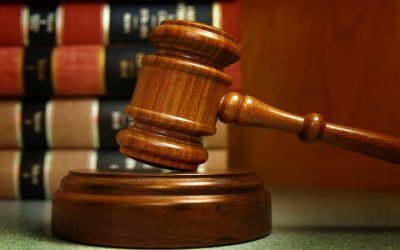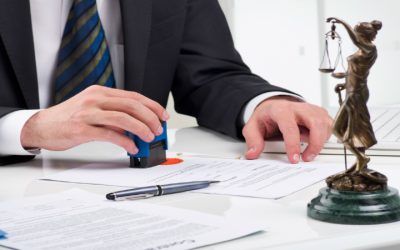The Chapter 7 bankruptcy filing is the liquidation proceeding where the debtor will have non-exempt assets sold if there are any, and the trustee will distribute that to the creditors based on the priorities established code. The eligibility of this is based off of the test that is instituted with the bankruptcy code in 2005. In most of the consumer cases, all the assets are exempted, meaning that there are no assets to be liquidated at all. This also means that no dividend is available for payment to the creditor.
Chapter 7 bankruptcies in Conyers GA are by far the quickest and the easiest way to file bankruptcy, and it’s available for all individuals, couples, businesses and signed partnerships. As you are filing for that petition then you are also filing for the schedules and the financial statements. These forms will ask you to list all of your assets, and the debts that you have as well as the recent financial history. This is one of the most time-consuming and important segments of filing for this type of a bankruptcy.
It’s essential that all creditors are listed on the schedules with an exact mailing address, and you have to list all debts. Even if these debts are non-dischargeable, or if you want to have the debt reaffirmed. The schedules will list your property and any debts that are secured by that property as well as the sale value of it. When it says property it also means possessions or assets, and not just the real estate.
These schedules will then be filed with a bankruptcy clerk within the district in which you live with or happen to have lived with for longer than approximately 200 days. For most purposes and the rights of the creditors and debtor, they are all filed in one day and all of those proceedings will relate to the situation when the case was filed. What happened after filing bankruptcy will commonly be filtered out of the court hearings.
After filing for the Chapter 7 bankruptcy Conyers, GA the debtor is going to have to appear at a first meeting of creditors. The trustee can then ask the debtor questions under oath about the assets and the liabilities involved in this case. The creditors also have the right to question the debtor on this subject (they don’t question them often.) If there are any assets that aren’t exempt, then the trustee will then take control of those assets.


